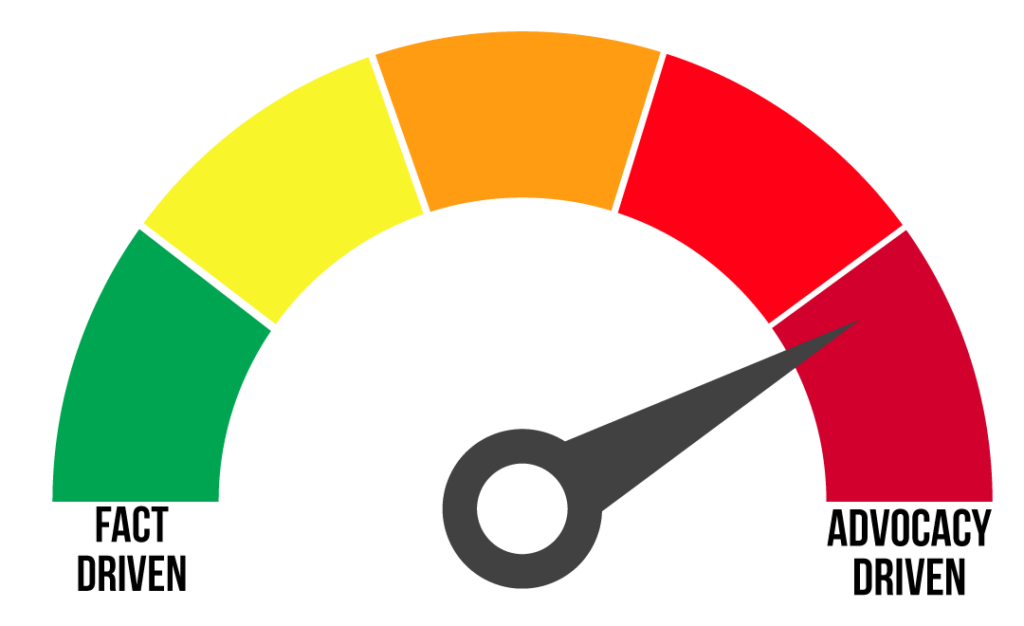The Smell of Money, a documentary that attacks North Carolina hog farms and the family farmers who operate them, is full of startling allegations about health-related threats associated with living near farms.
The documentary blames hog farms for every conceivable health concern facing residents. By the end, viewers might be amazed that anyone in eastern North Carolina has survived — including the family farmers who choose to live on these very farms with their children and grandchildren.
The film is full of un founded allegations — and woefully short on facts.
founded allegations — and woefully short on facts.
It fails to mention that none of the neighbors who sued Smithfield Foods made any health claims at trial or presented any evidence of health problems caused by nearby hog farms.
The truth of the matter is that health issues relating to NC hog farms have been studied time and time again.
Dr. Keith Ramsey, the former director of infectious disease control at East Carolina University, is one expert who has conducted clinical and research studies that specifically looked at potential health concerns.
His conclusion: “I have observed no indication that living near a hog farm causes any increased risk of infection by antibiotic-resistant or any other bacteria. The real health threats needing attention in eastern North Carolina are diet and lifestyle…not hog farms.”
Another study, conducted by the State of North Carolina, examined air quality near hog farms in Duplin County for more than a year. Its conclusion: farms are not a source of air quality concerns.
The Smell of Money is built around false claims like this.
But that’s to be expected with a film produced by a group of vegan activists. The entire film is designed to deliver one simple message: Stop eating meat.
A better suggestion: Stop watching biased, agenda-driven films like this. Our suggestion: watch “Hog Farmer: The Trials of Joey Carter” on Prime Video for an honest look at the challenges facing our farms.
